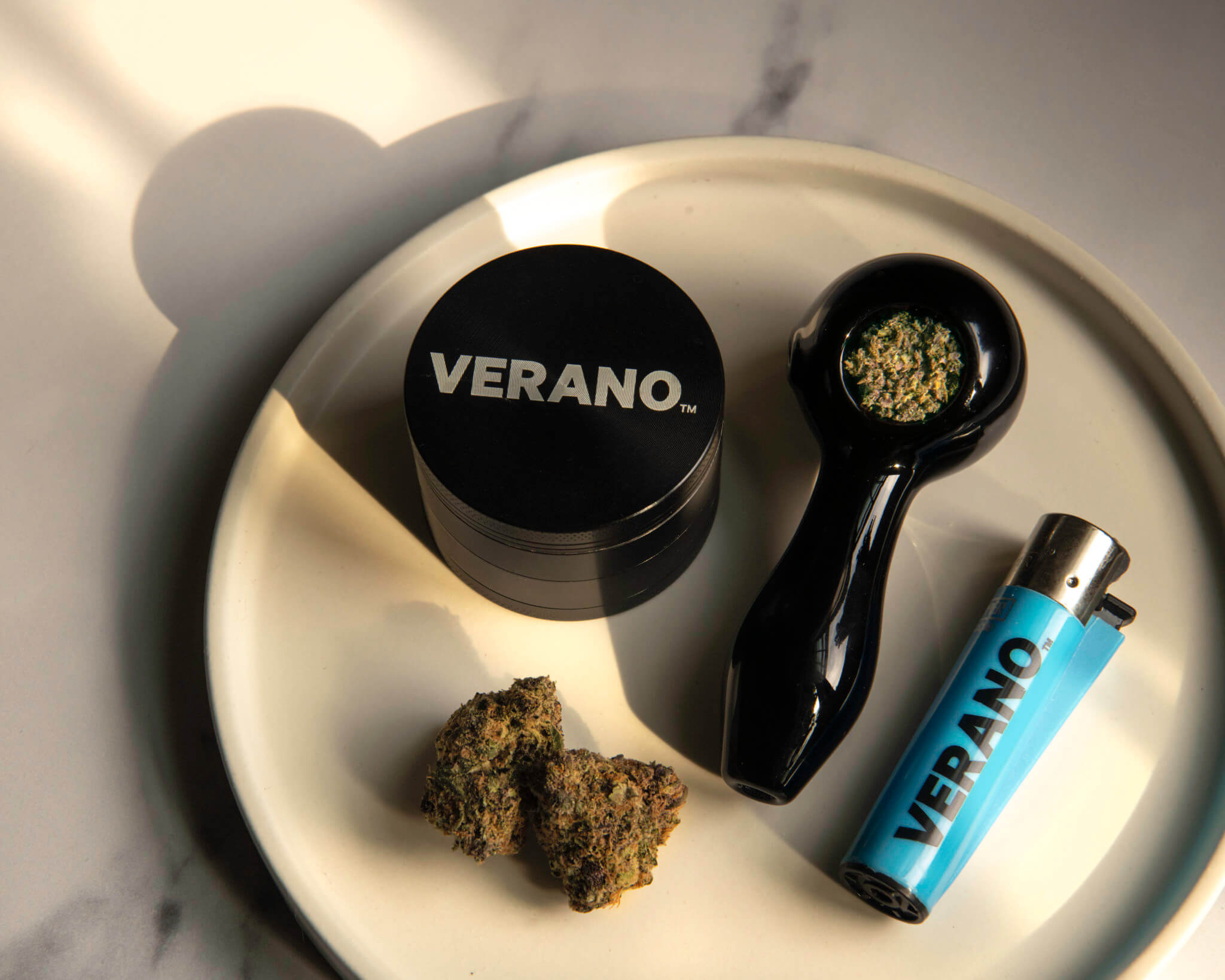
Despite the fact that cannabis is now legal in most states, hazy misconceptions have lingered long after the War on Drugs. Part of this confusion stems from the social stigma of ‘just say no,’ and the fact that scientists were unable to conduct adequate research on cannabis during its decades-long prohibition. But today, we know more about cannabis than ever before, and we’re thrilled to debunk some of the most common myths surrounding this powerful plant.
Myth #1
The only way to consume cannabis is by smoking it.
While many people are more familiar with the idea of smoking a joint than, say, applying a topical, there are a whole range of options available to consume cannabis for those who don’t want to smoke it. Today, consumers and patients can enjoy cannabis products like edibles, tinctures, patches, and balms—without needing to inhale anything.
Myth #2
You can die from an overdose on cannabis.
Nope. You simply cannot overdose on cannabis the same way you can with opioids or other harmful drugs. While you can technically overdose on anything—including water—it would be incredibly challenging to consume toxic levels of THC (the psychoactive compound in cannabis). In fact, as Taylor Grove, our Central Retail Marketing Manager shared, “our bodies and brain [contain] receptors that know how to receive and process the cannabinoids in our systems.” That being said, you can consume enough cannabis to feel temporarily uncomfortable, so we recommend going low and slow with your cannabis dosage.
Myth #3
To experience any of the benefits from cannabis you need to “get high.”
In truth, you can take advantage of the medicinal benefits of cannabis without experiencing any psychoactive effects. As Taylor shared, cannabis is “not something to disrupt your daily routine, it’s meant to enhance it and make it better.” So if you’re only interested in the therapeutic benefits of cannabis, consider smaller doses and lower THC solutions like topicals, oils, sublinguals, and certain edibles. Patients living with arthritis, cancer, chronic pain, or depression and anxiety, in particular, may benefit from using medicinal cannabis to help alleviate their symptoms. As always, it’s best to discuss which options are best suited for your needs with a budtender.
Myth #4
Using cannabis will make you lazy or dopey.
False. Although many of us are familiar with the outdated stoner stereotype—you know, unmotivated couch potatoes who just want to sit around munching on junk food—new research disproves this perspective. While cannabis can help you relax and stimulate your appetite (which can be helpful for people dealing with nausea from chemotherapy), the International Journal of Neuropsychopharmacology found that there was not much difference between cannabis users and non-users in terms of motivation and laziness.
Myth #5
Cannabis is a “gateway drug.”
You may remember this myth from the D.A.R.E. program: The idea goes that people who use cannabis are more likely to use harmful drugs later on. In reality, most people who use cannabis do not use so-called “hard drugs,” according to the National Institute on Drug Abuse. Instead, those who are already predisposed to drug use are more likely to start with accessible substances like tobacco, alcohol, and yes, cannabis. In this vulnerable population, the drivers of hard drug use are their social circles, their unique inclinations, and the opportunities they’re presented with… not their cannabis use. Furthermore, the numbers just don’t add up. Per the World Health Organization, 2.5% of the global population (approximately 147 million people) consume cannabis, compared to 0.2% of the population who consumes opiates and cocaine. If cannabis were a gateway drug, these percentages would be much more equivalent.
So there you have it: Cannabis myths busted. We hope that clears a few things up, but if you ever have any questions or concerns, check back here. We are dedicated to providing you with answers to your burgeoning questions. And don’t forget, your cannabis consultant is here to support you. They’ll be more than happy to point you in the right direction.